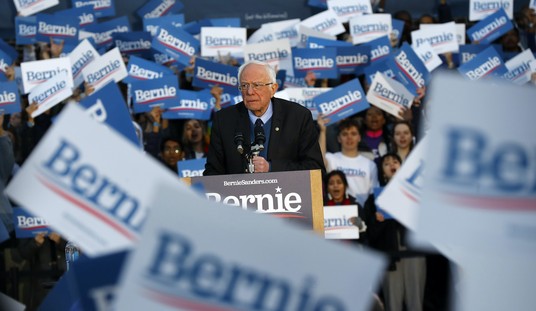The G-20 summit has reached its conclusion, with Europe and the US agreeing on a plan to rescue the world from its credit crisis. How will they do that? By borrowing a trillion dollars. No, unfortunately, as ironic as that is, I’m not kidding. In fact, they don’t even claim that the plan will work, but they’ll borrow the money anyway.
Note the pessimistic and critical tone of the coverage in the New York Times today:
Struggling to bridge deep divides over how to revive a paralyzed global economy, the leaders of the world’s largest economies agreed Thursday to bail out developing countries, stimulate world trade and regulate financial firms more stringently. But President Obama conceded that there were “no guarantees” that those measures would reverse the biggest global downturn in six decades.
Prime Minister Gordon Brown of Britain, host of the Group of 20 summit meeting called to fight the crisis, announced at its conclusion that the leaders had committed to $1.1 trillion in new funds that would greatly increase the capital available to the International Monetary Fund. The goal would be a revival in trade, which is expected to contract this year for the first time in 30 years.
But the combination of loans and guarantees fell short of an injection of fresh fiscal stimuli into the economic bloodstream — the result of a stubborn division between Continental Europe and the United States over whether to act now or wait to see whether existing spending measures took effect.
Moreover, the final accord was far more forceful in addressing the plight of emerging economies that had been sideswiped by the financial crisis than it was in addressing the deep recession in the largest countries where the crisis began.
If Obama intends to come home in triumph after this G-20 meeting, he’s going to face a hard sell. Just how much of this $1 trillion will come out of American pockets? We passed a $700 billion Porkulus bill to supposedly stimulate our economy, even though at least half of that money won’t get spent for another two years. Congress just passed a $3.5 trillion budget for FY2010, representing another increase in government spending, separatei from Porkulus. Even the rosiest of rosy projections for next year’s deficits puts us at over $1.2 trillion in the red.
Borrowing money to spend one’s way out of bankruptcy … now there’s a strategy! Well, Obama said that there were “no guarantees” that this would work. No kidding.
Michael van der Galien takes a look at the view from Europe about the G-20 results. The bottom line — Obama and Gordon Brown got thwarted from spending even more money:
European conservatives believe it could have been worse. Considering the ones in power today, and especially considering Barack Obama’s goals beforehand, European commentators point out, the summit can be called a success. Obama wanted European governments to ’stimulate’ their economies just like he did at home, but in the end accepted their refusal to play along. The latter got what they wanted. They were prepared to invest heavily in the IMF and to help ailing economies survive, but they were unwilling to adopt Obama’s plans for their own economies.
European progressives are satisfied that “progressive action” has been taken, but not as progressive as Obama wanted. Conservatives, meanwhile, tell themselves: “thank God Obama and Brown didn’t get their way.”
Be sure to read it all. Michael links to a “thank God it’s over” response in the Telegraph:
It all depends where you set the bar. In my view, nothing too stupid has been decided and some reasonable measures have been agreed, though most, such as strengthening the International Monetary Fund, were widely expected. There is one very obvious missing item from the G20 communique – a further economic stimulus package – but that is no bad thing, given that plenty has already been done, and at substantial cost. Instead there is new money for trade loans and the like. That’s good enough for me.
So yes, it could have been worse. When a group of progressives and nanny-staters get together to plan their economies, a trillion-dollar promissory note may be the least bad result.








Join the conversation as a VIP Member